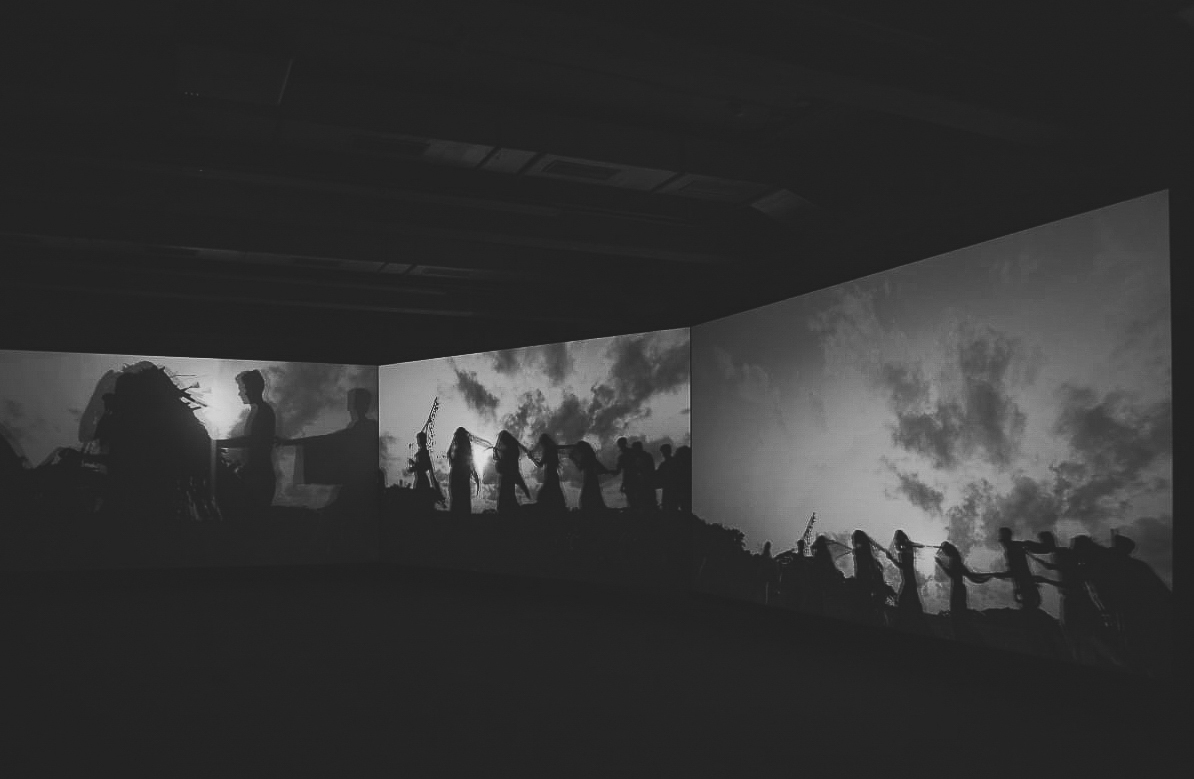
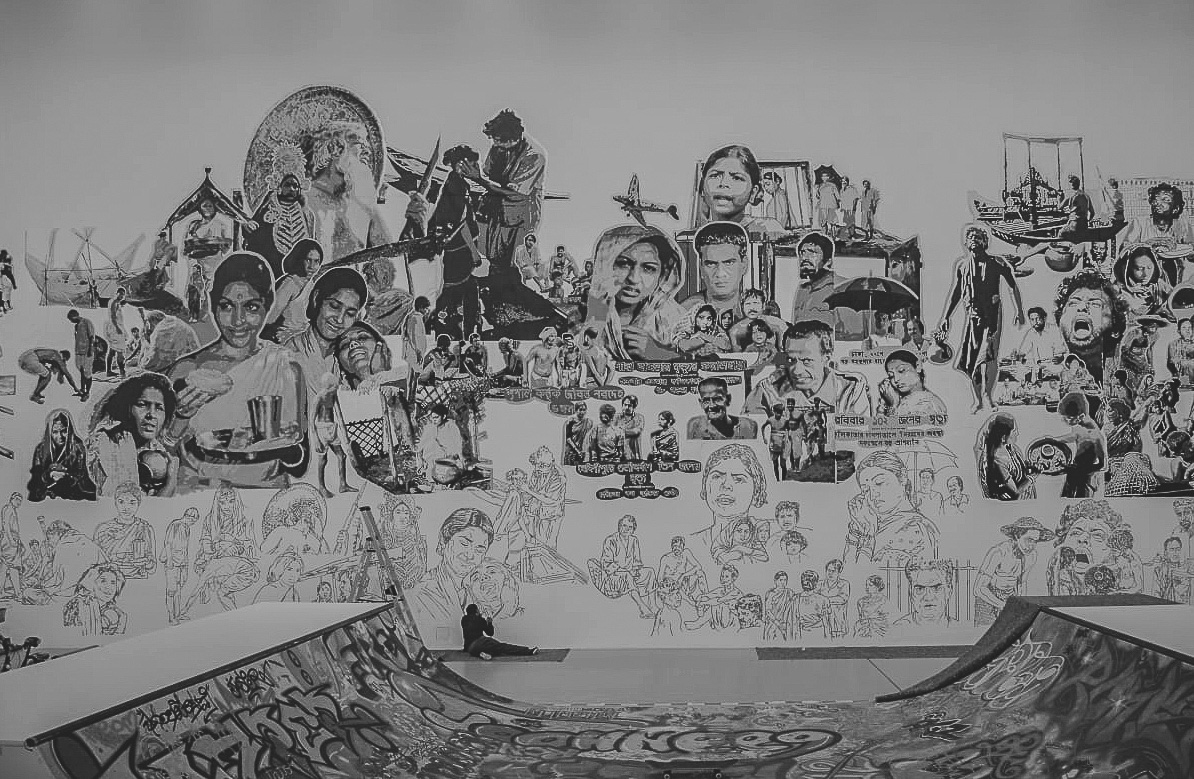
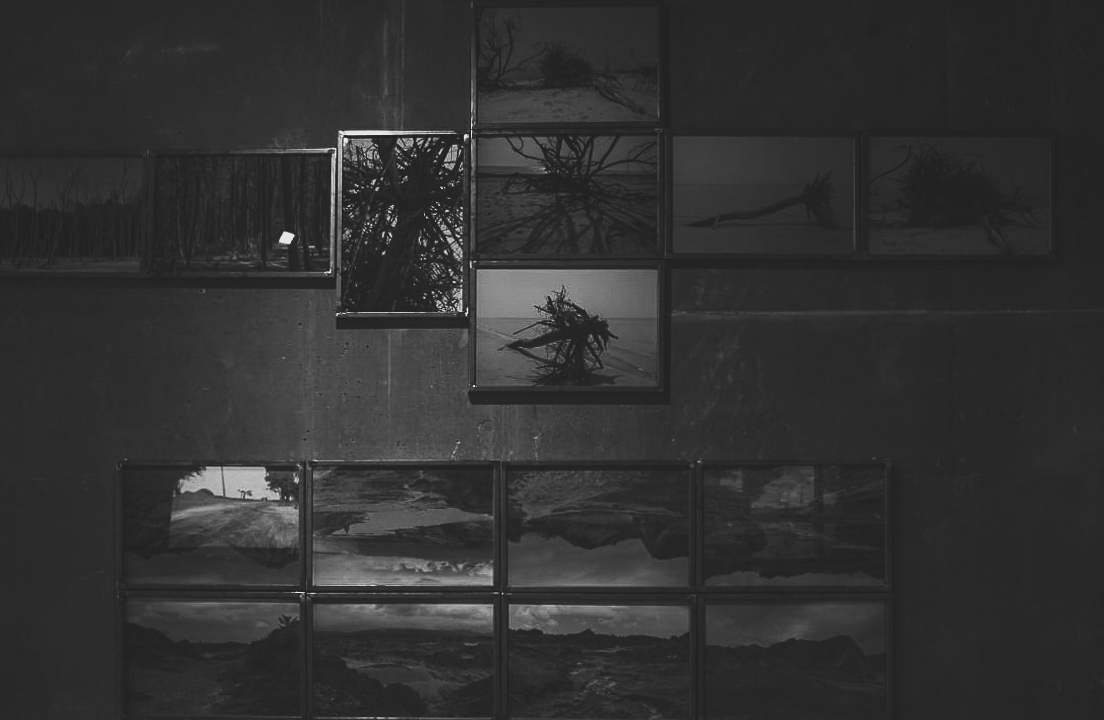
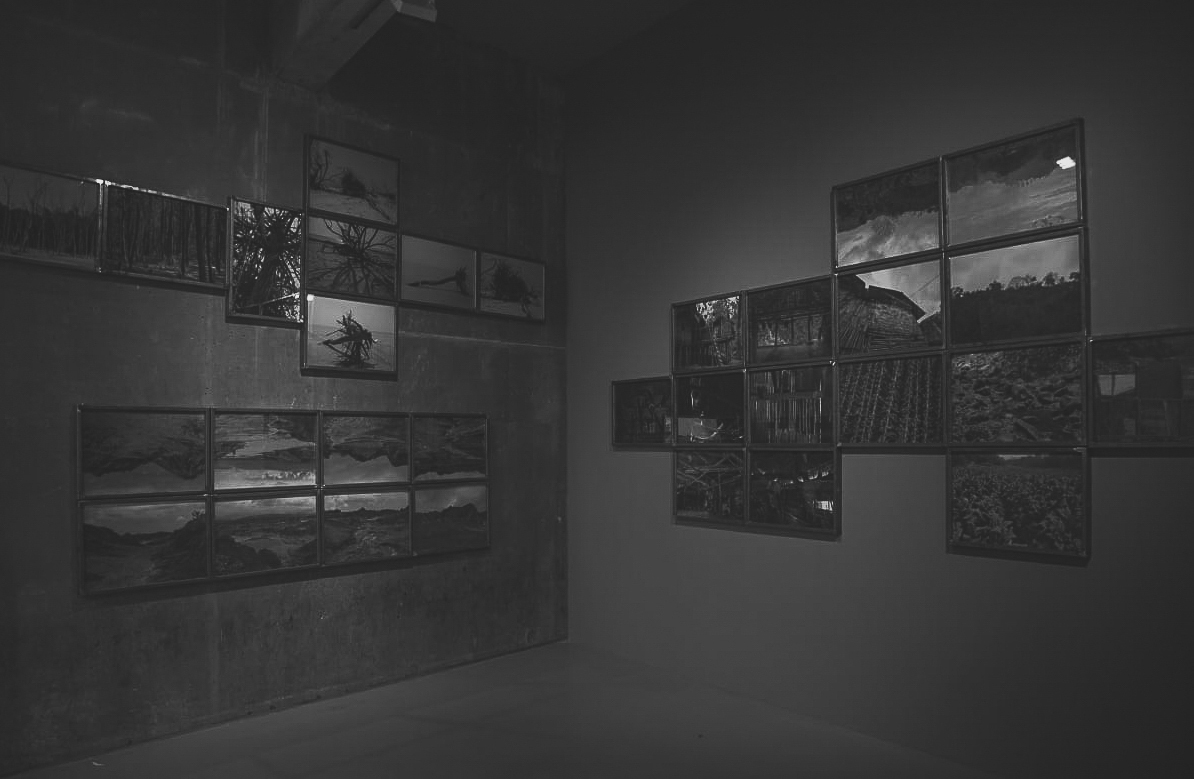
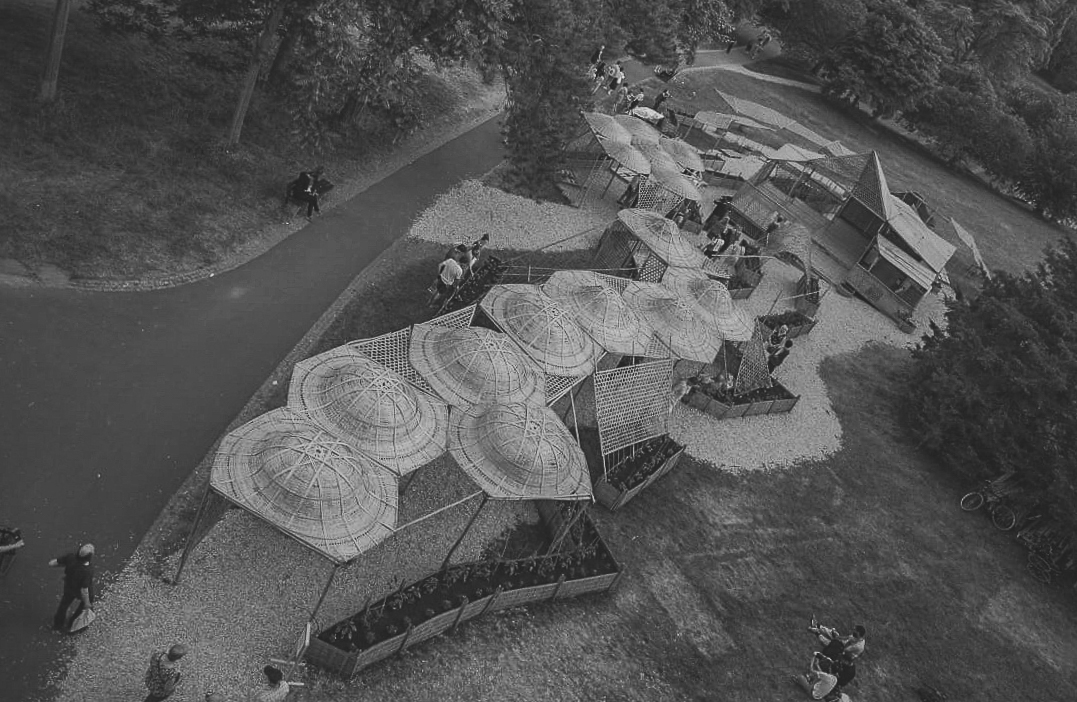
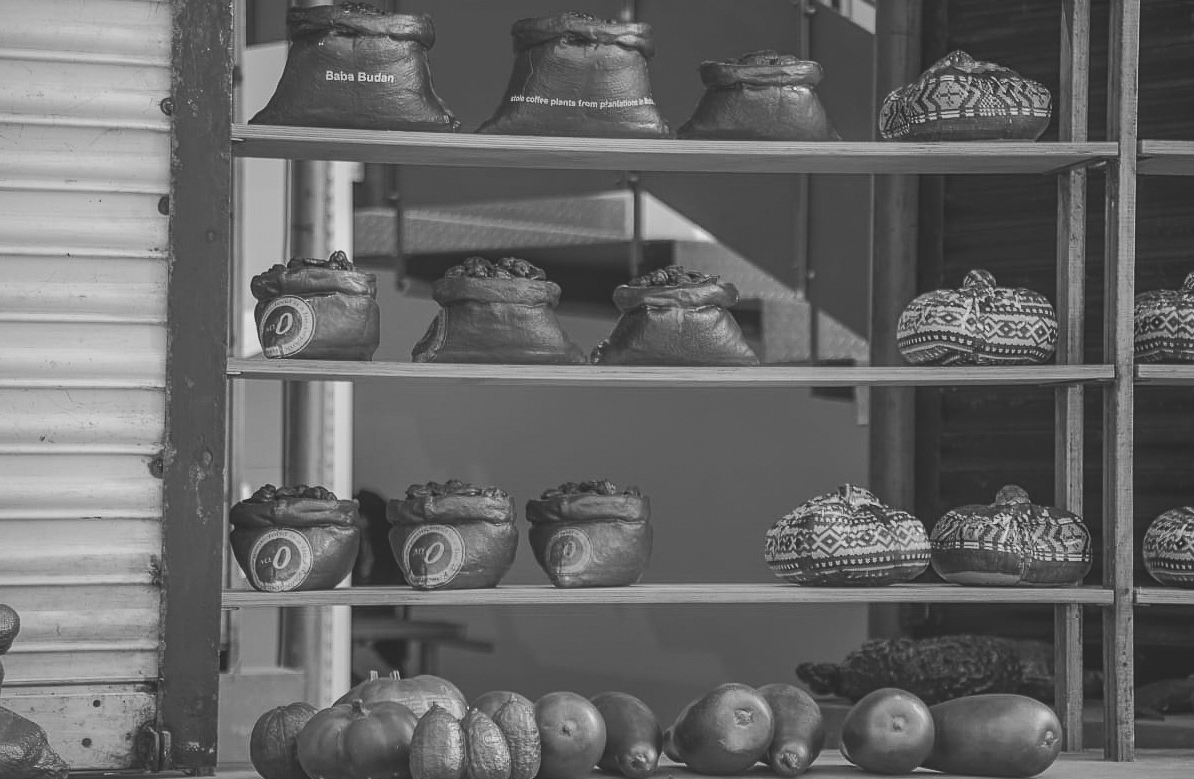
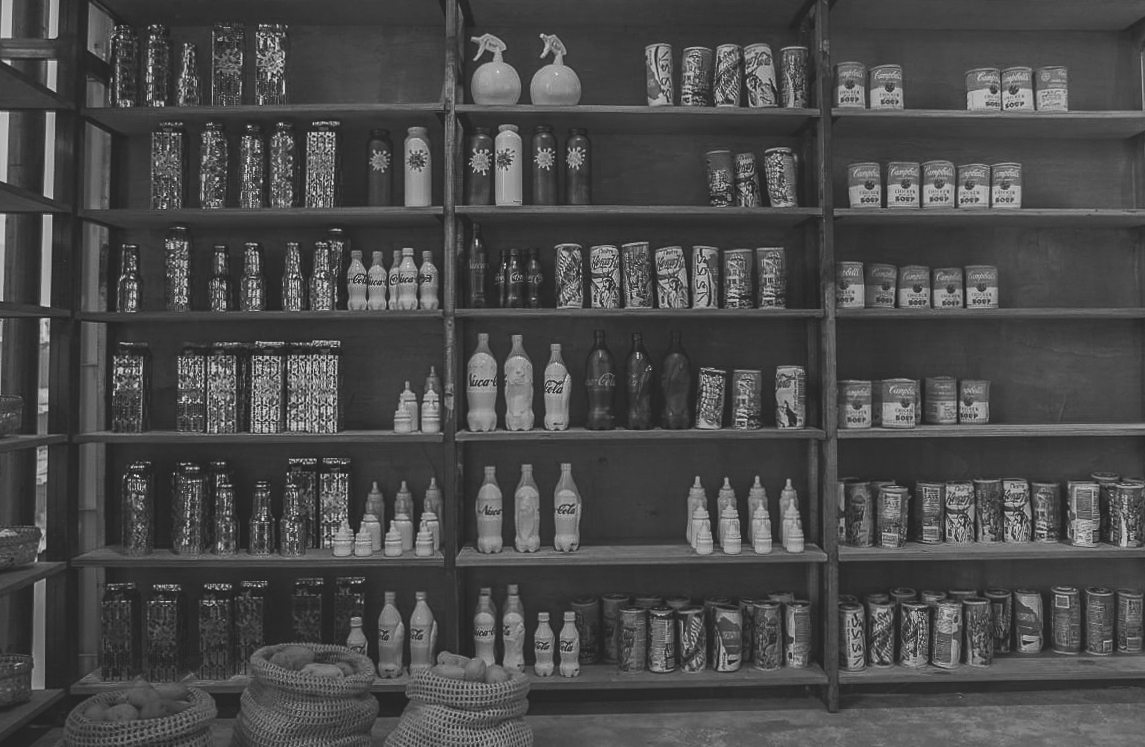
Documenta
Fifteen
Participant Artist and Researcher at Documenta Fifteen with Britto Arts Trust, 2022
At Documenta Fifteen in Kassel, Germany, I participated as both artist and researcher under the Britto Research Grant, with dedicated guidance from Tayeba Begum Lipi and Mahbubur Rahman. My contributions formed part of Britto Arts Trust’s installation—a complex, multi-layered examination of food politics, displacement, and cultural preservation. The installation included
Palan, an organic Bengali kitchen garden that supplied produce to Pak Ghor, a communal space where Kassel’s immigrant community shared meals, narratives, and food cultures from a hundred nationalities over a hundred days. The installation also featured Rasad, a bazaar-inspired scene composed of handmade food items crafted from crochet, ceramic,

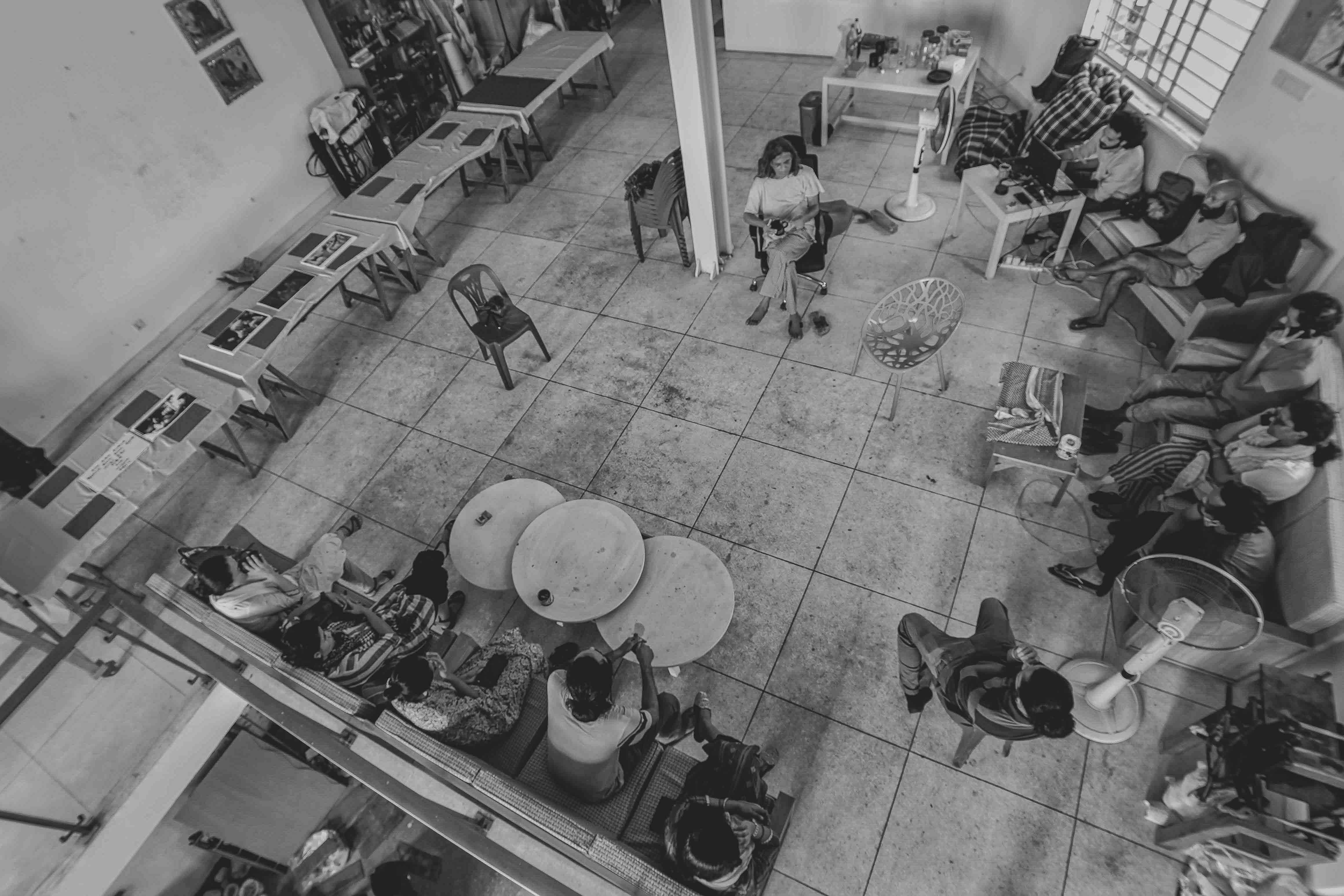
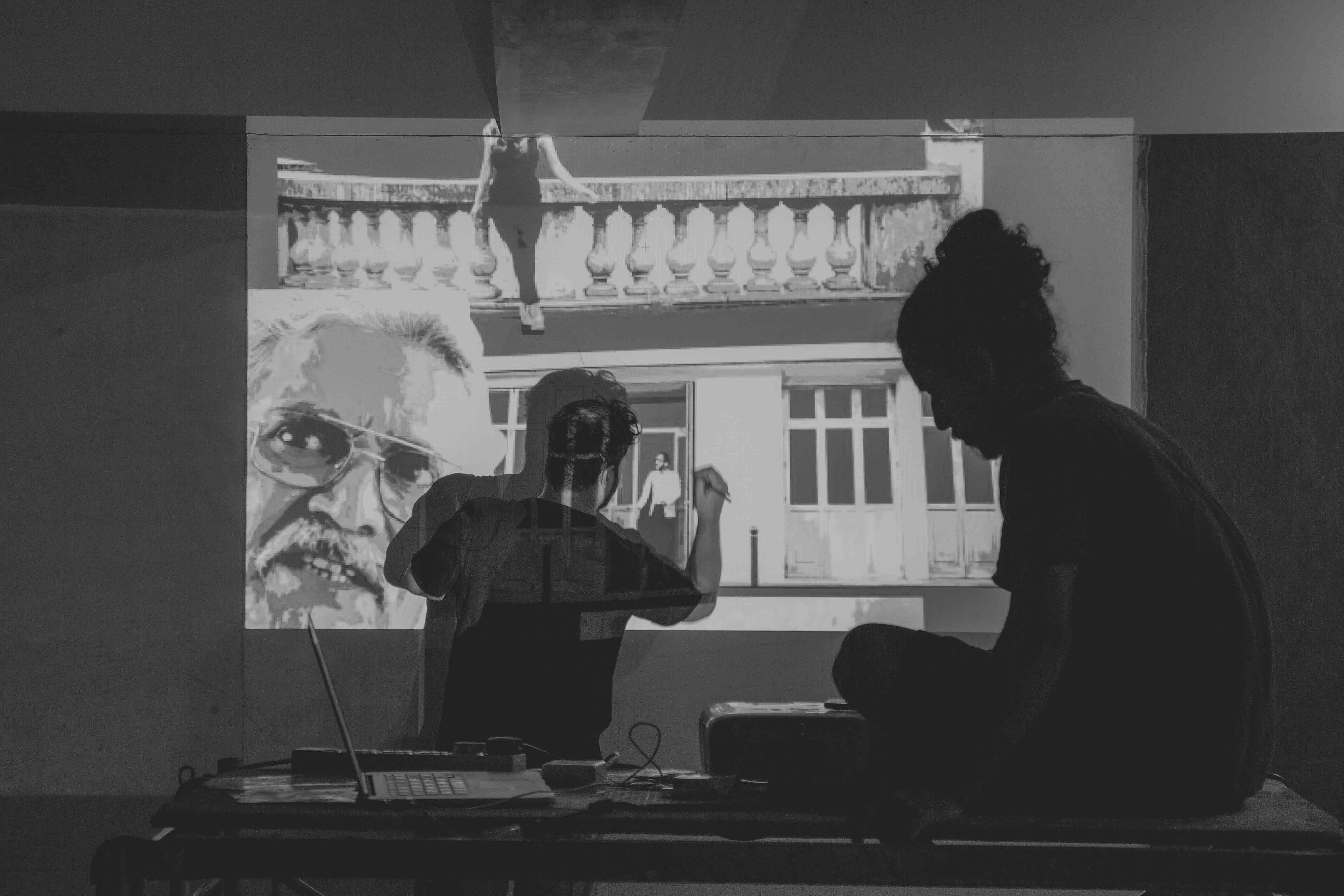
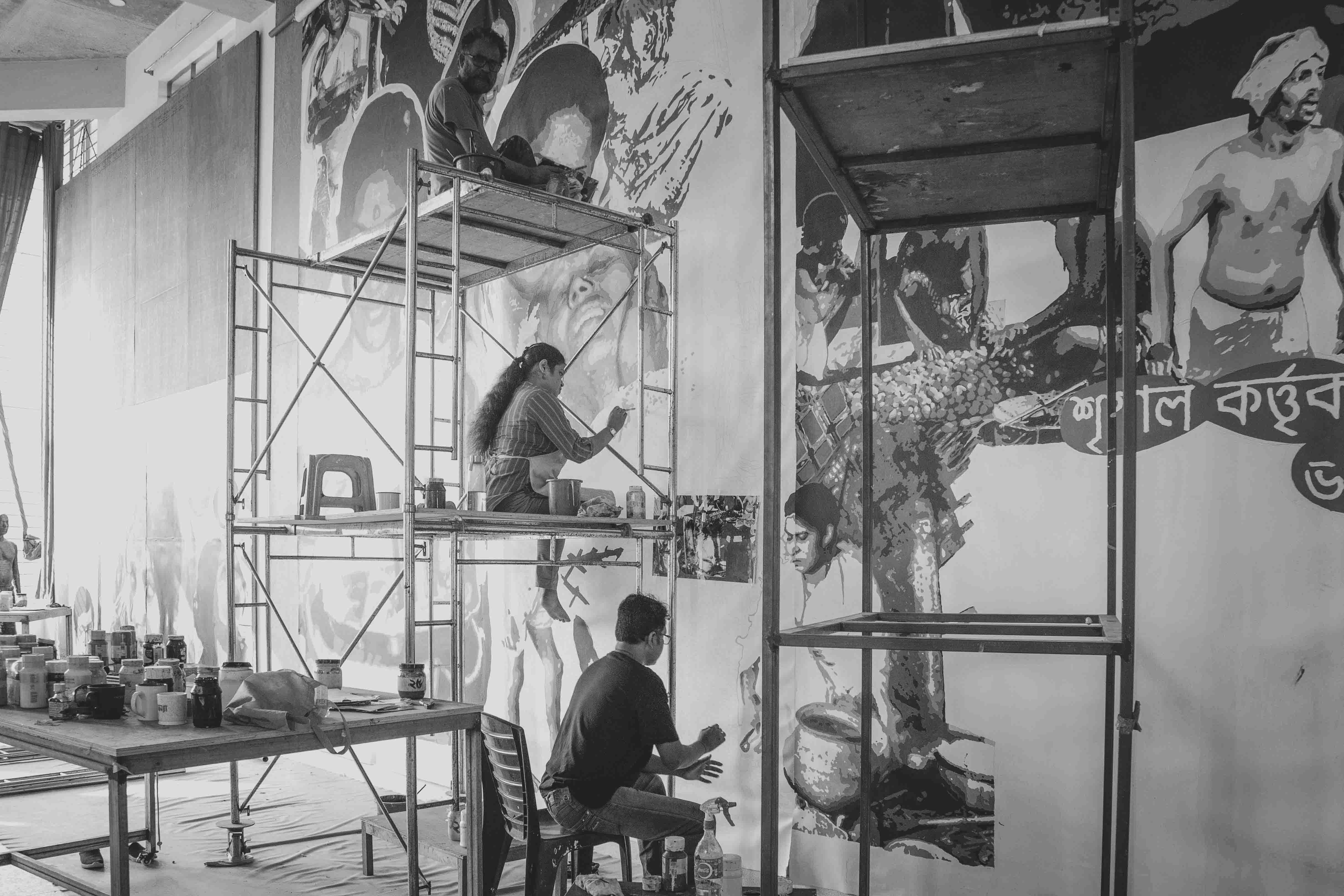
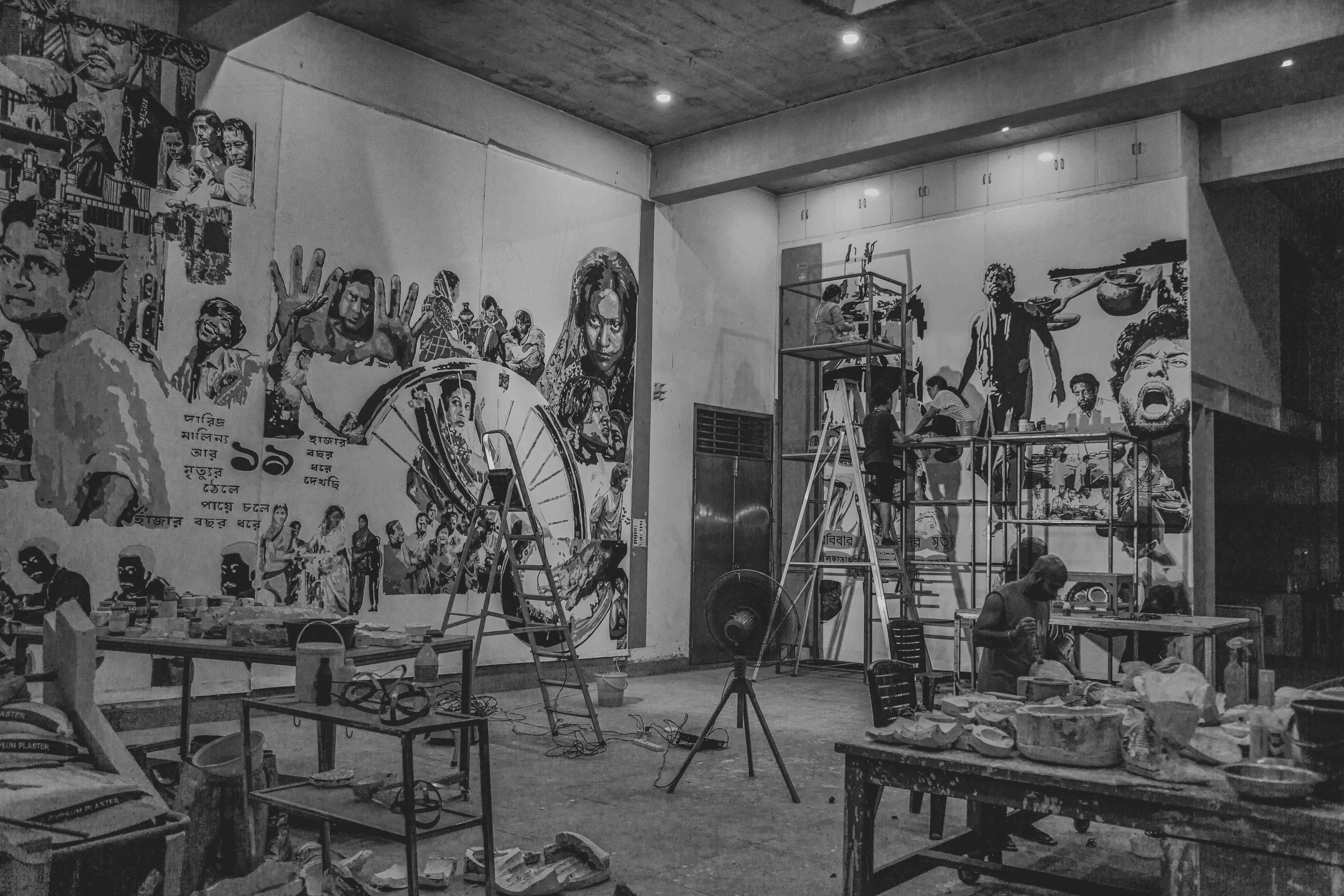
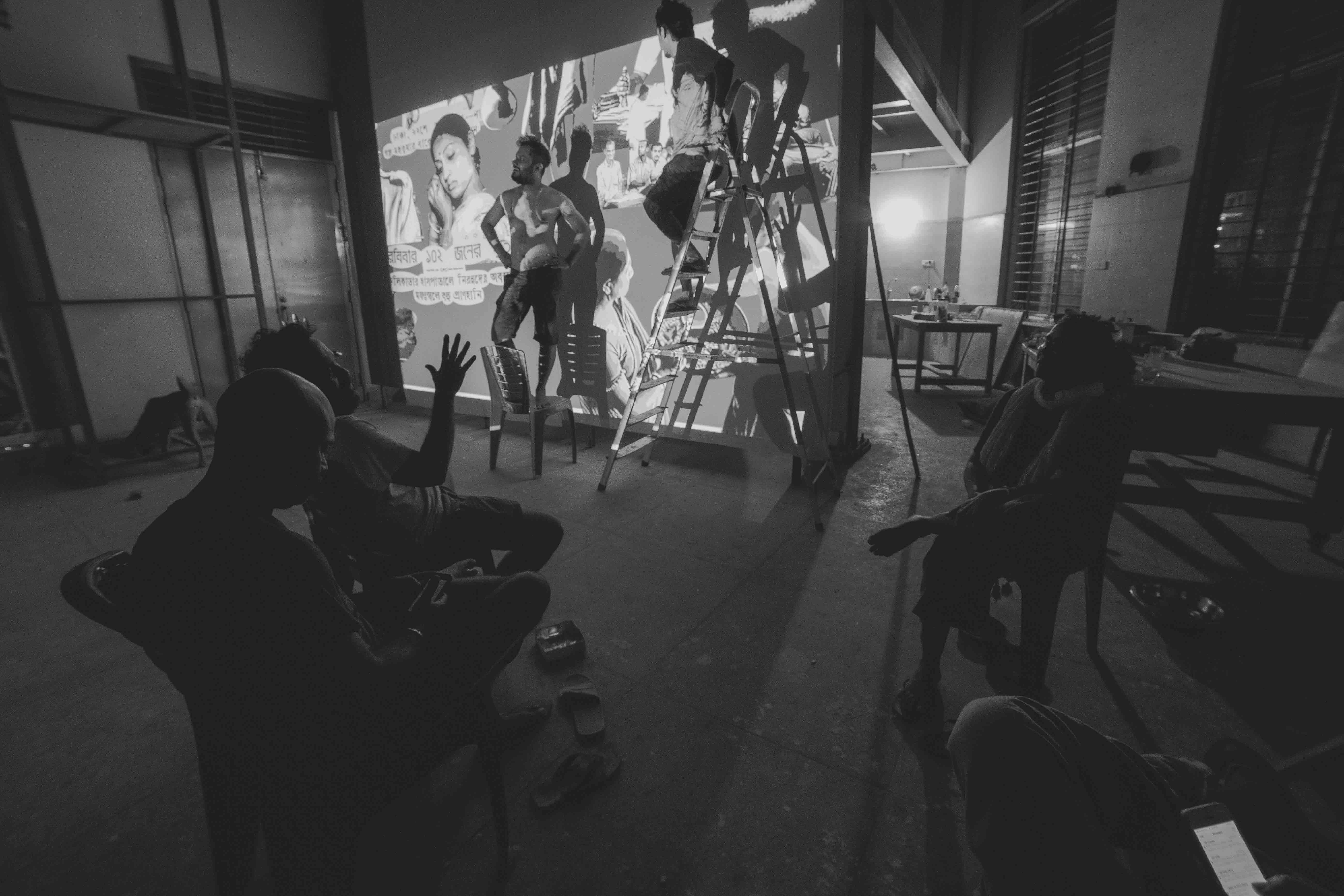
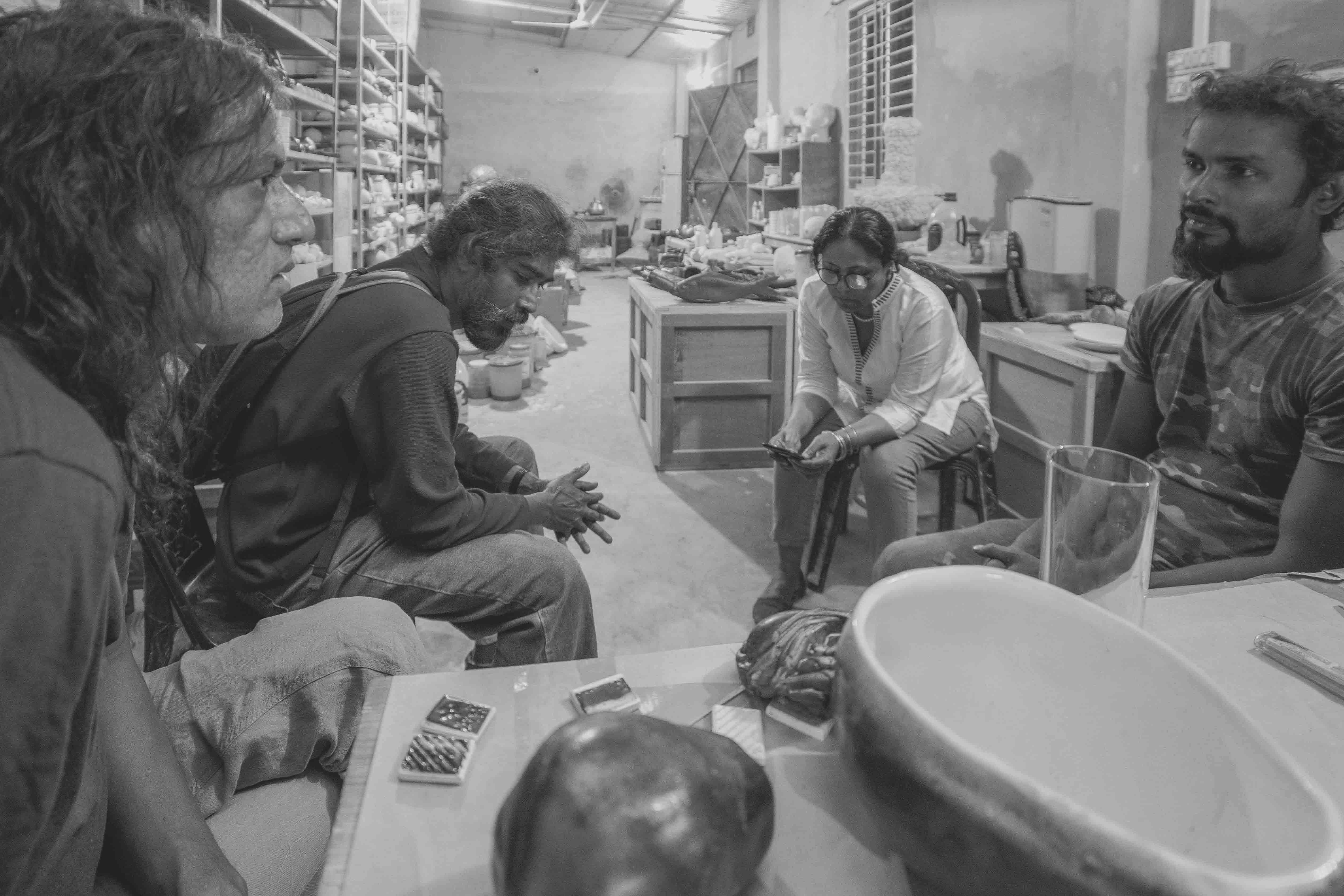
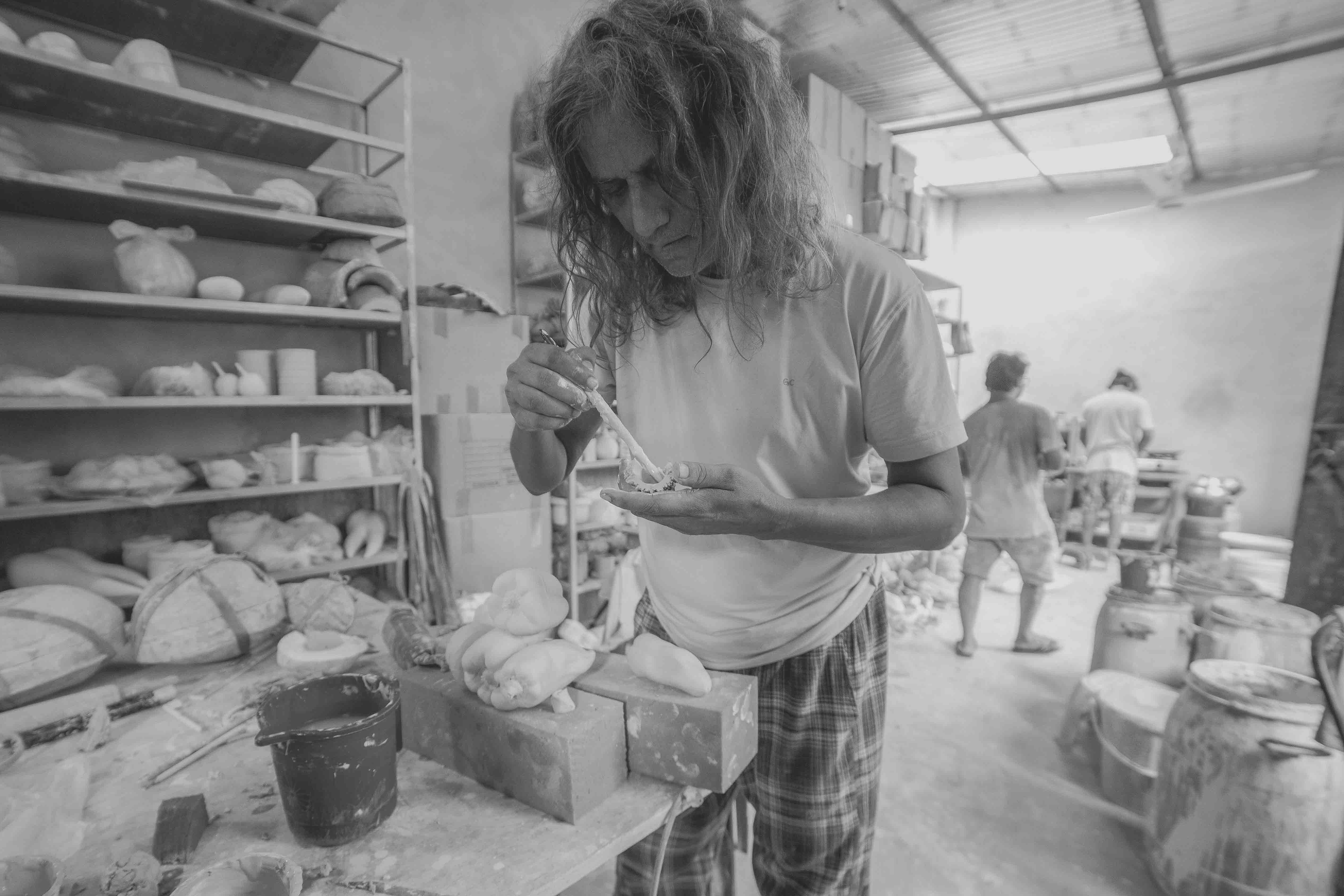
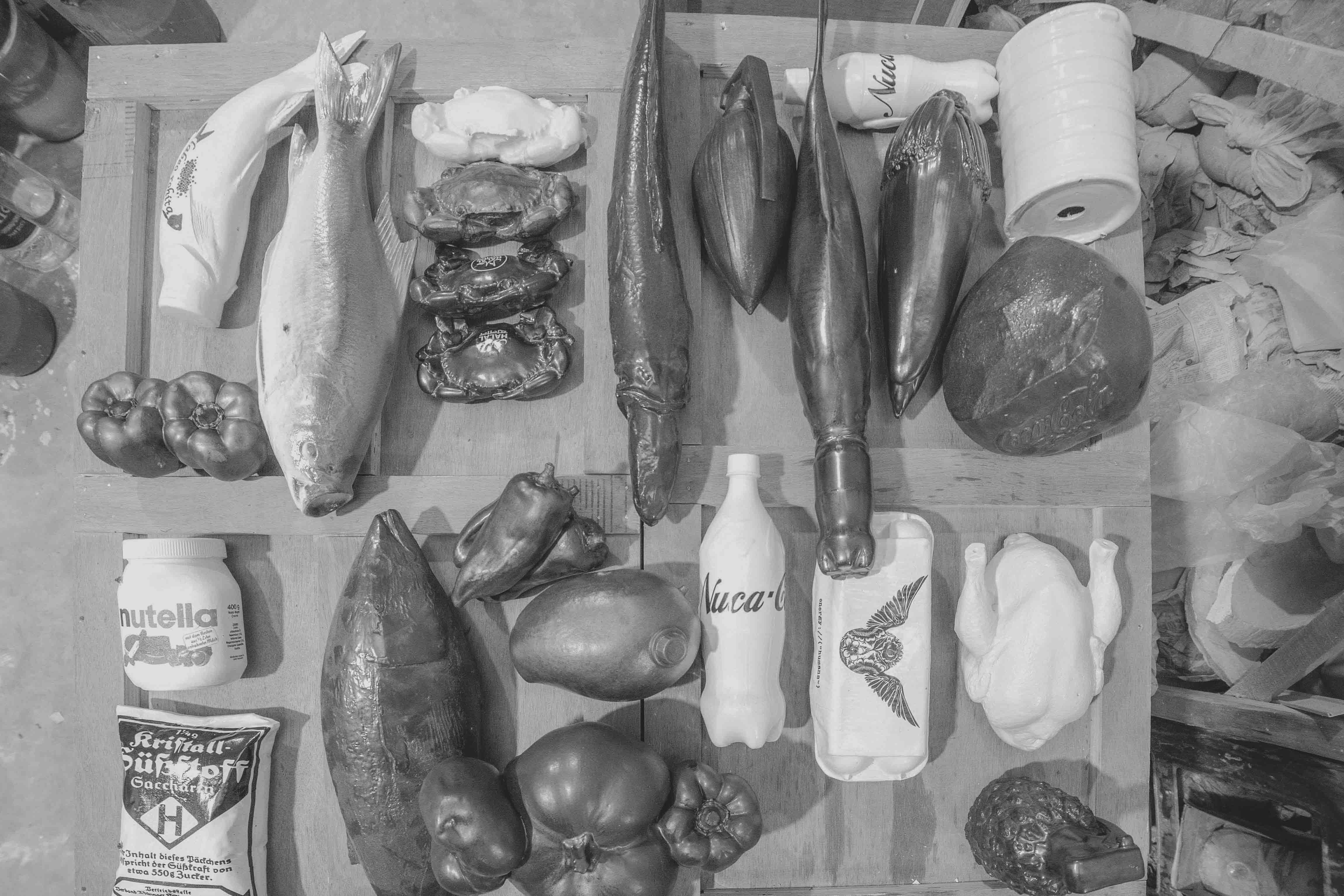
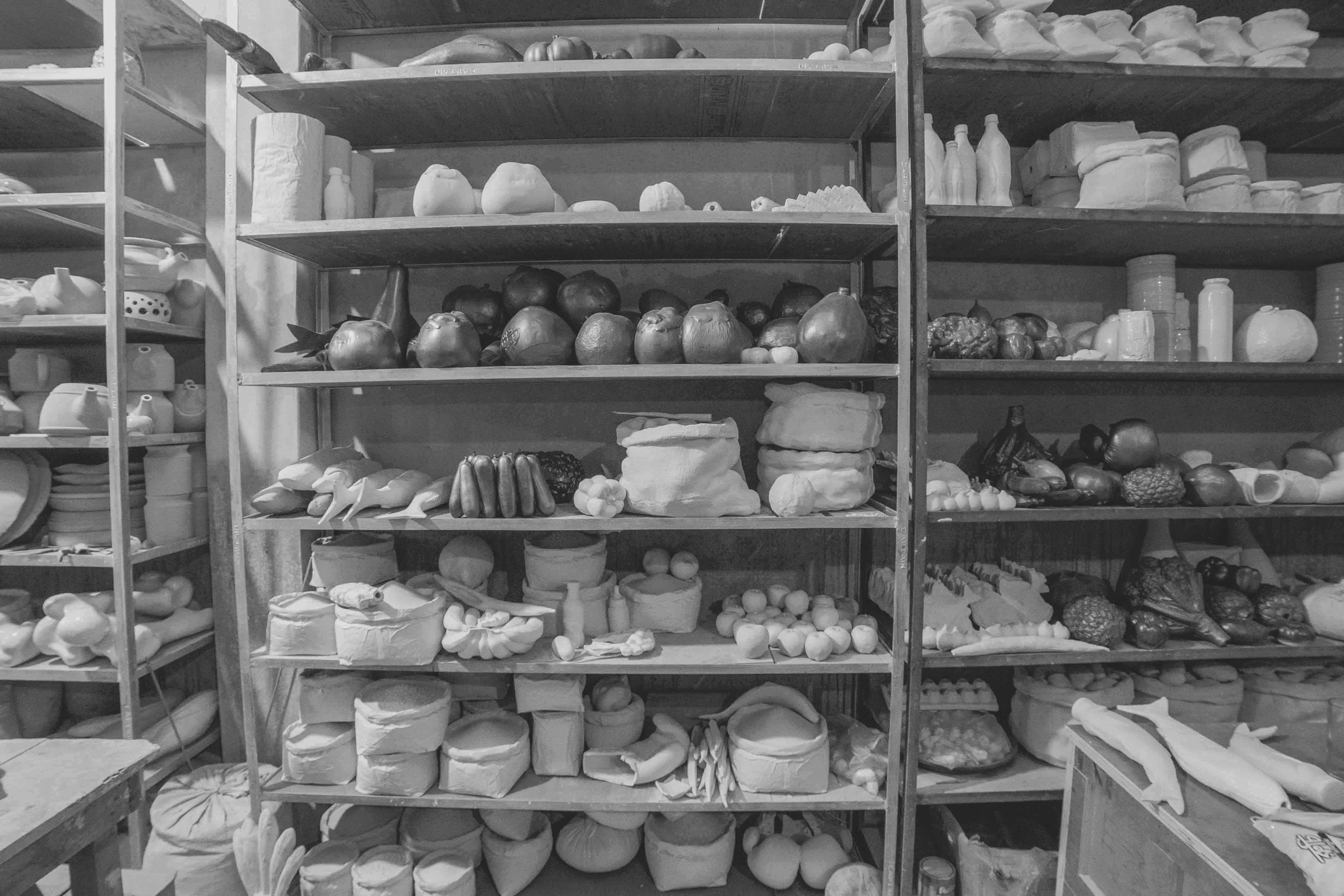
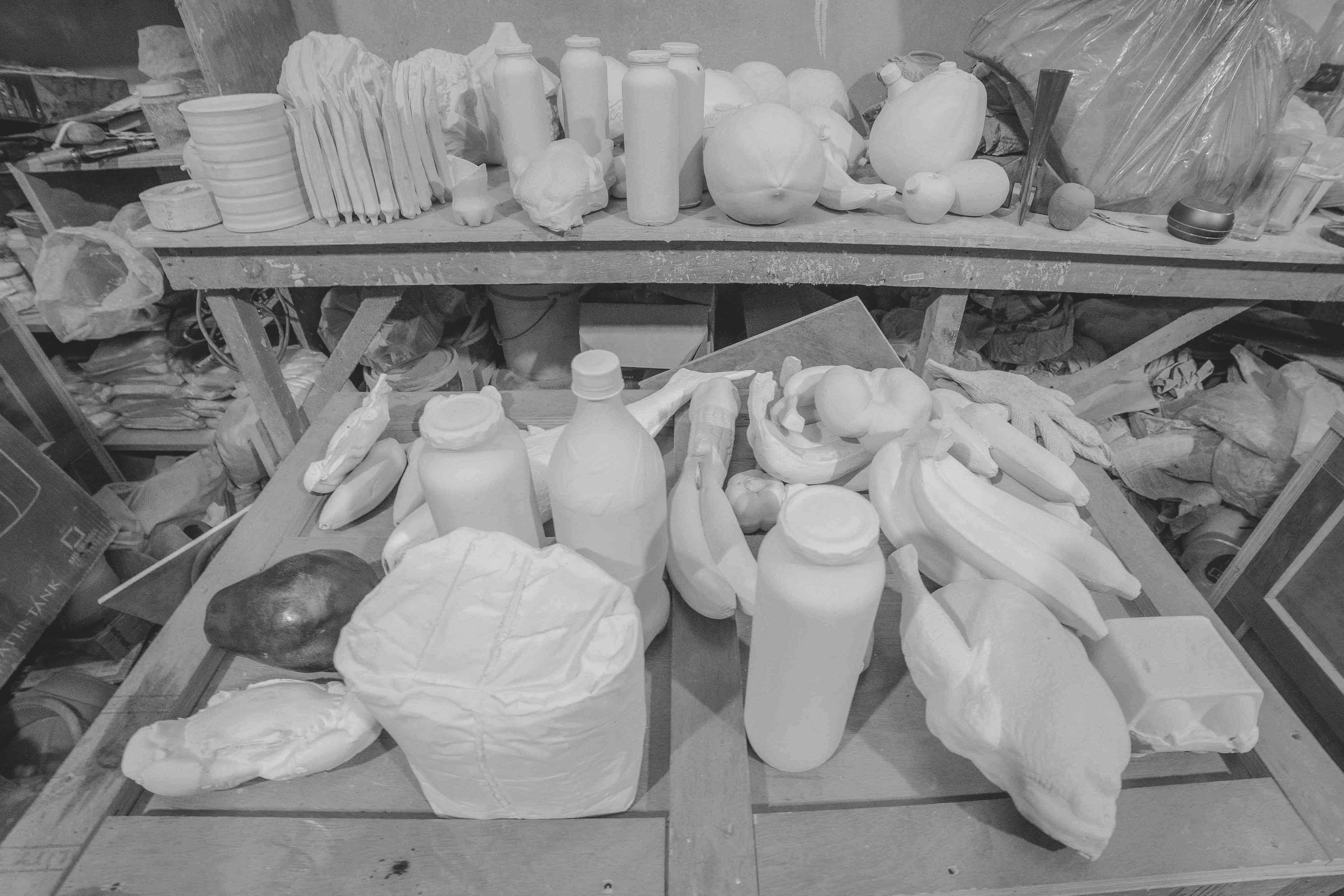
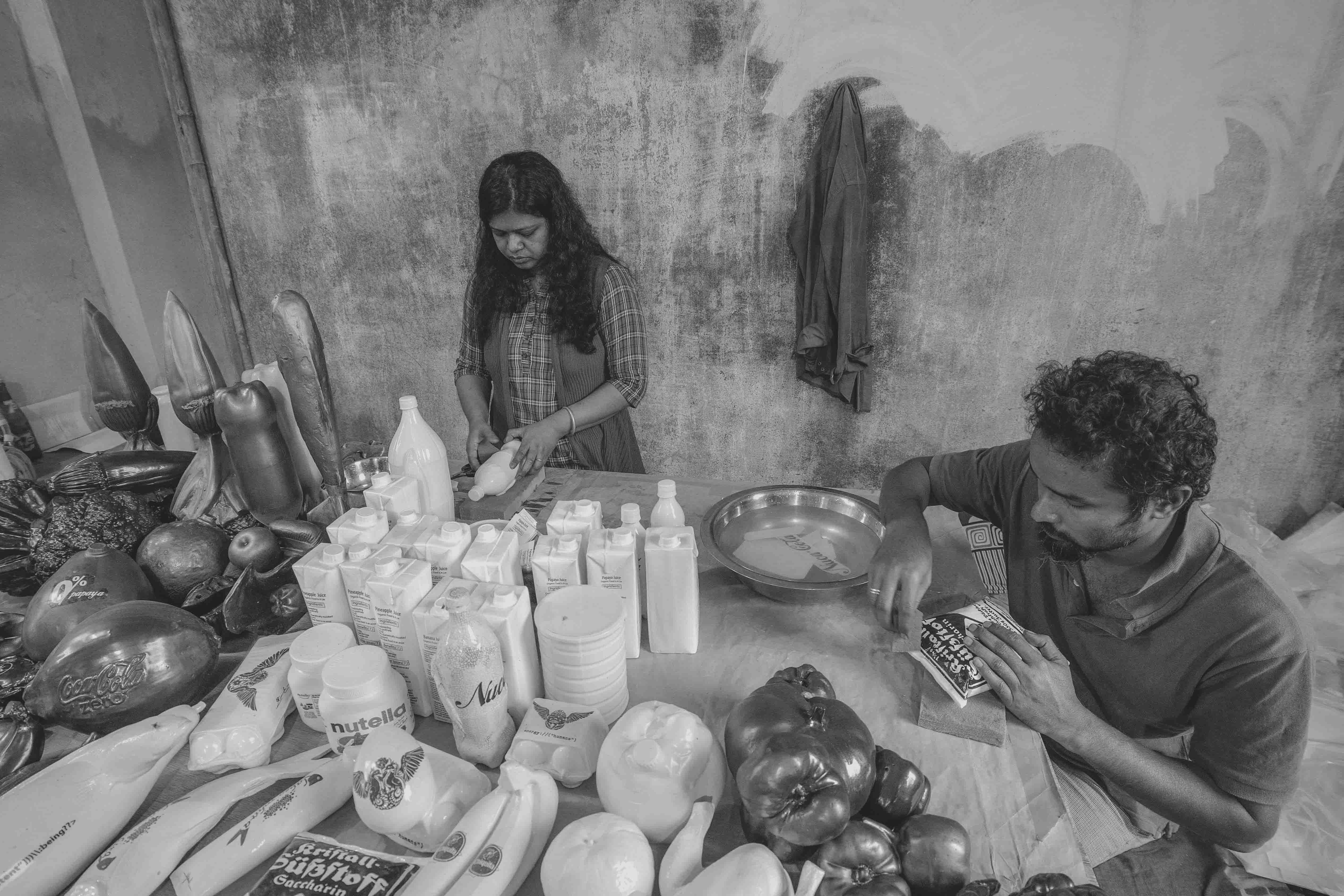
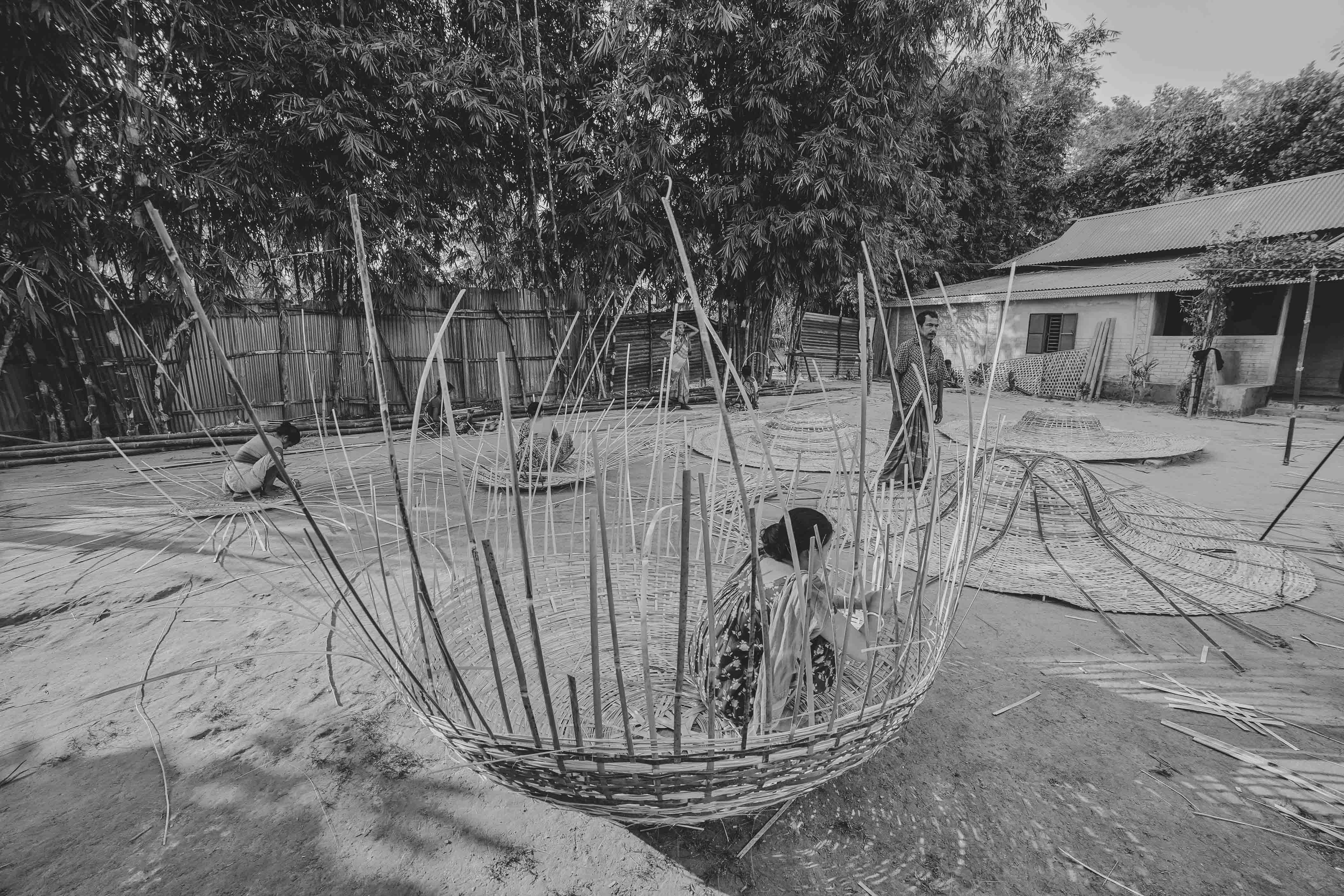
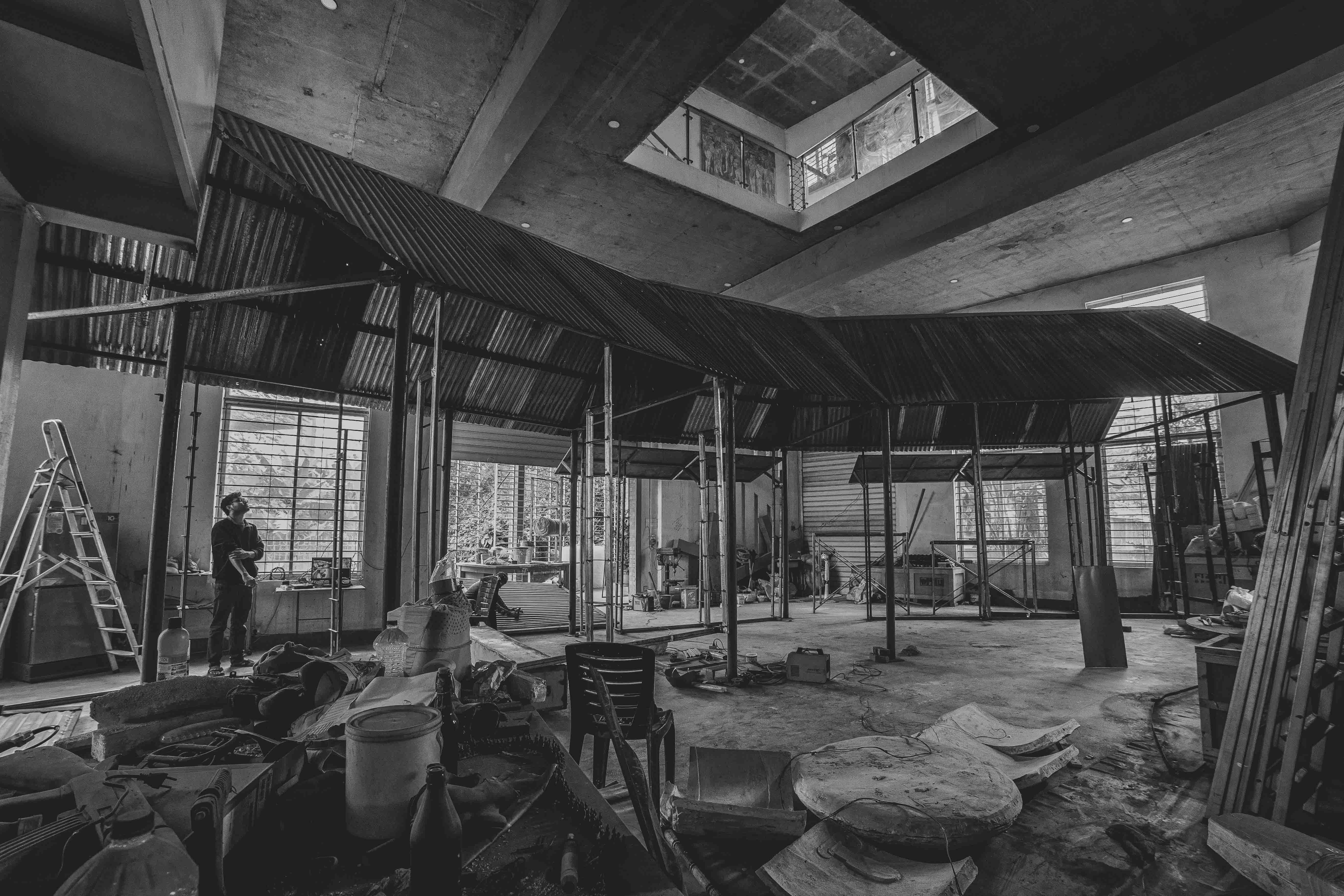
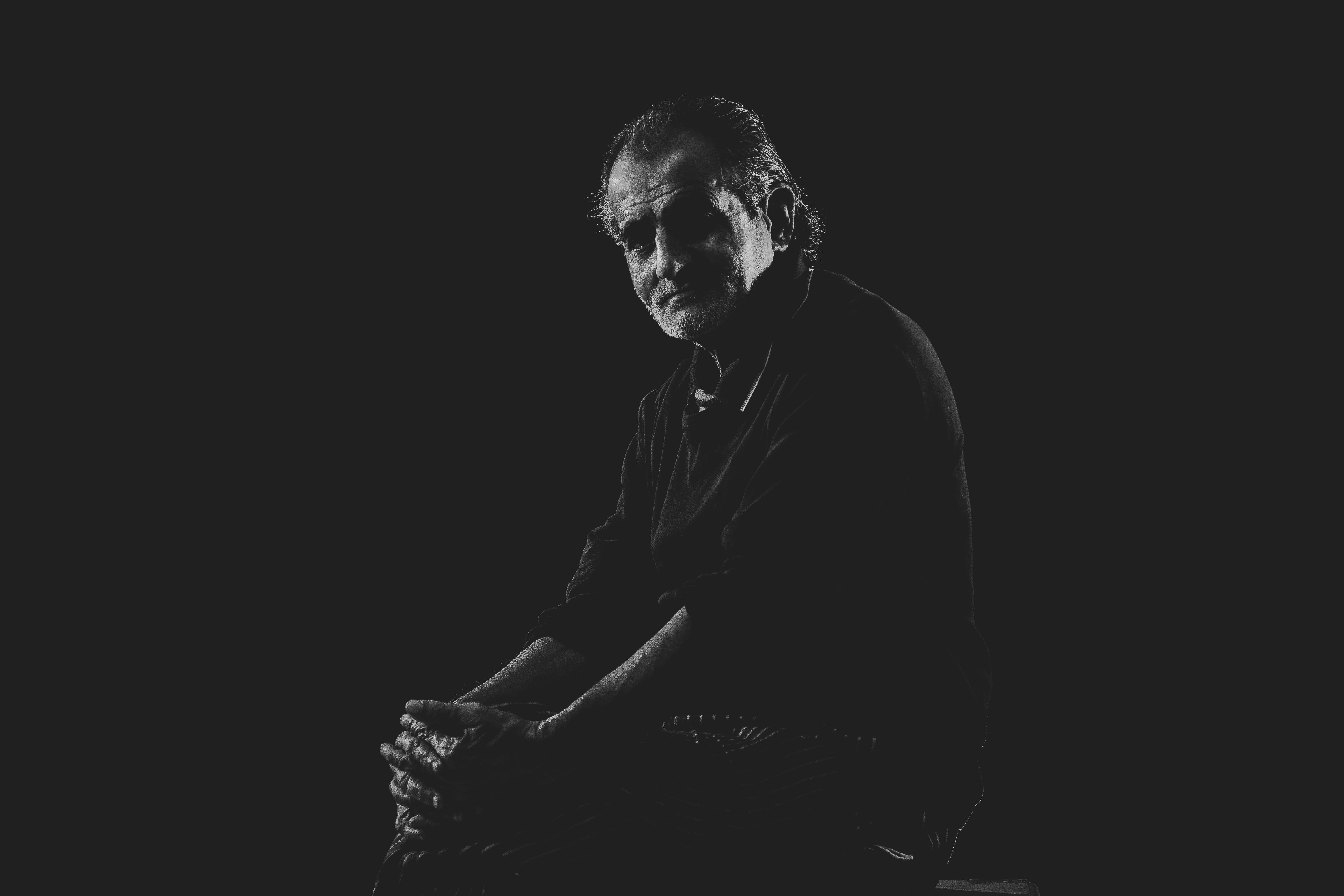
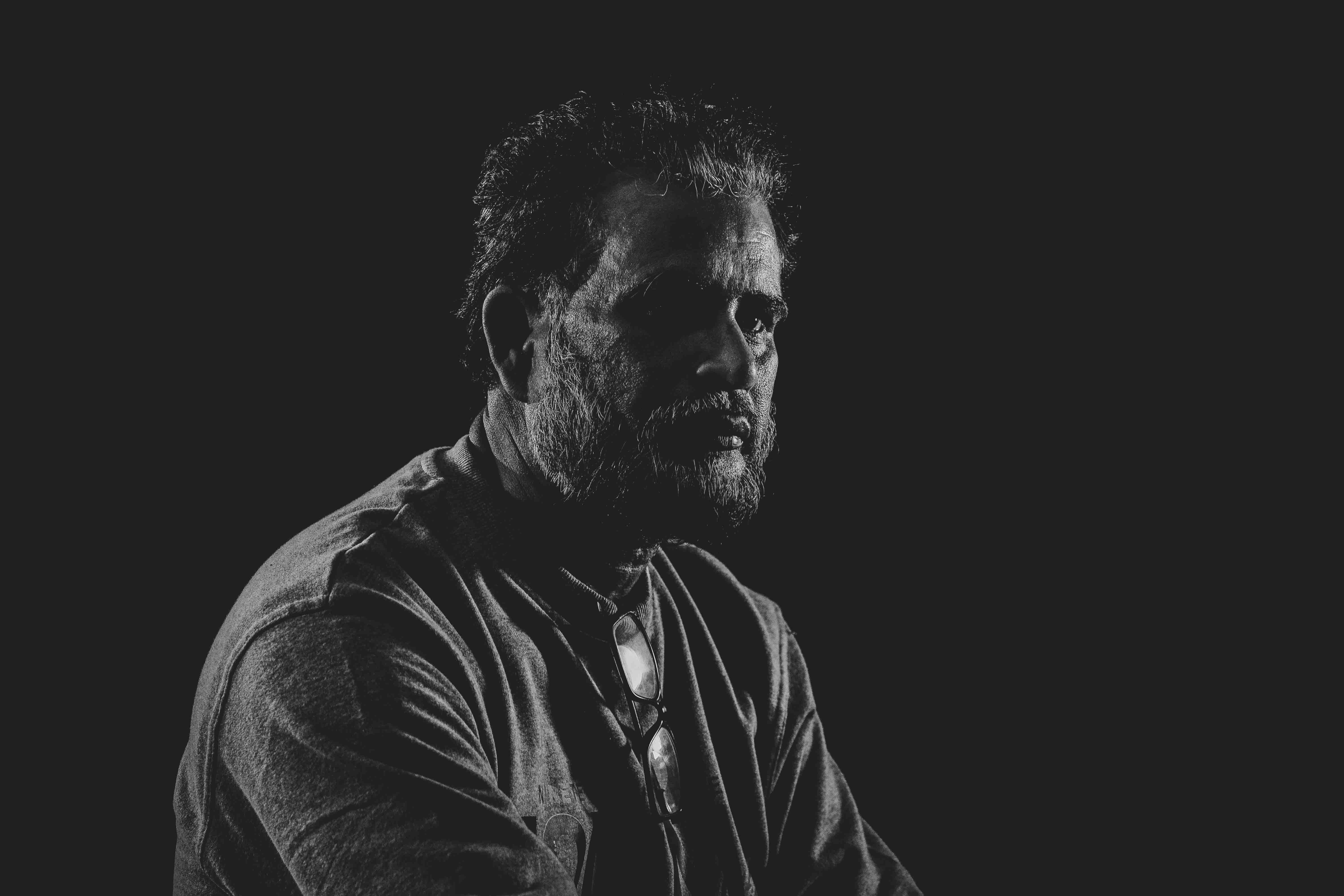
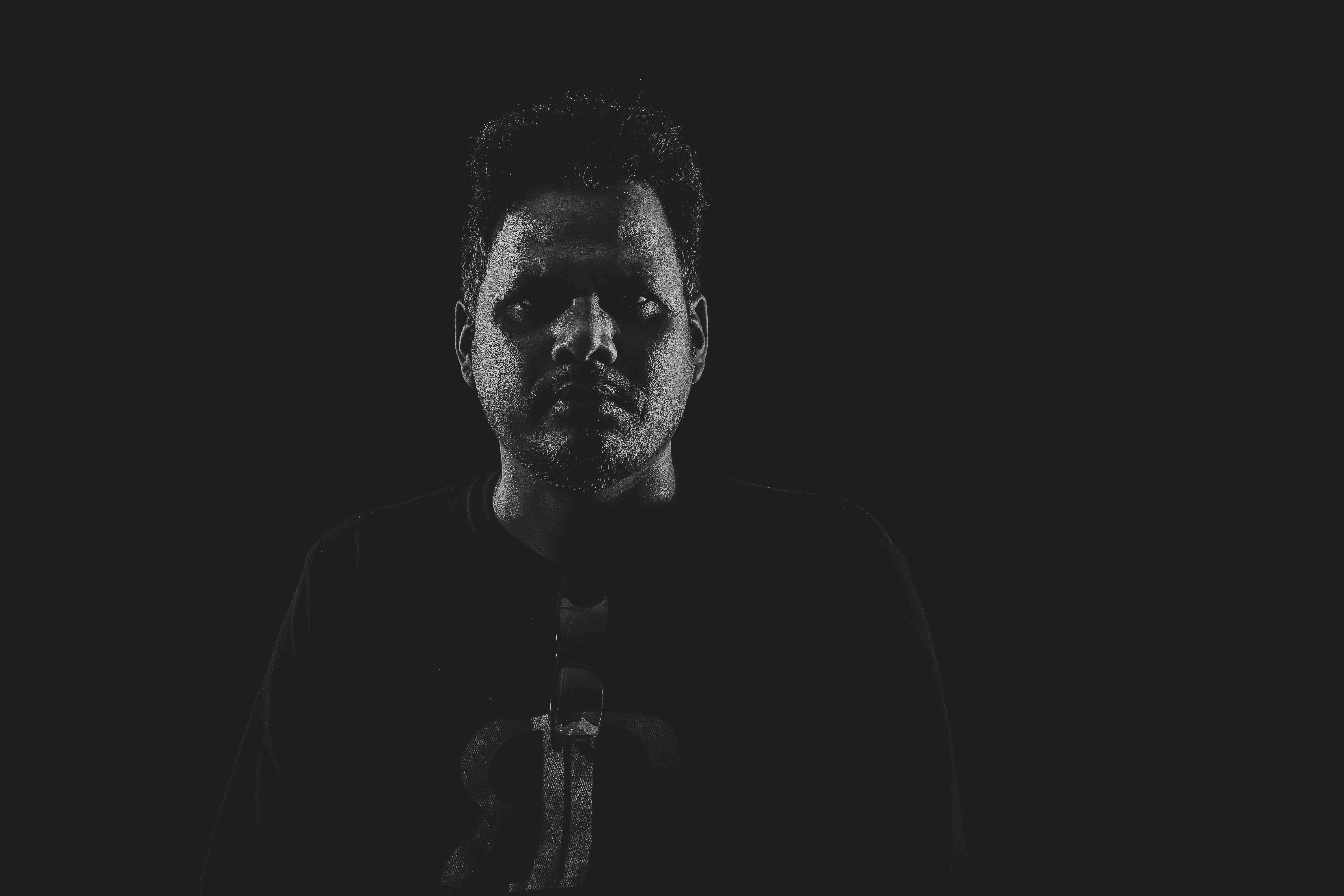
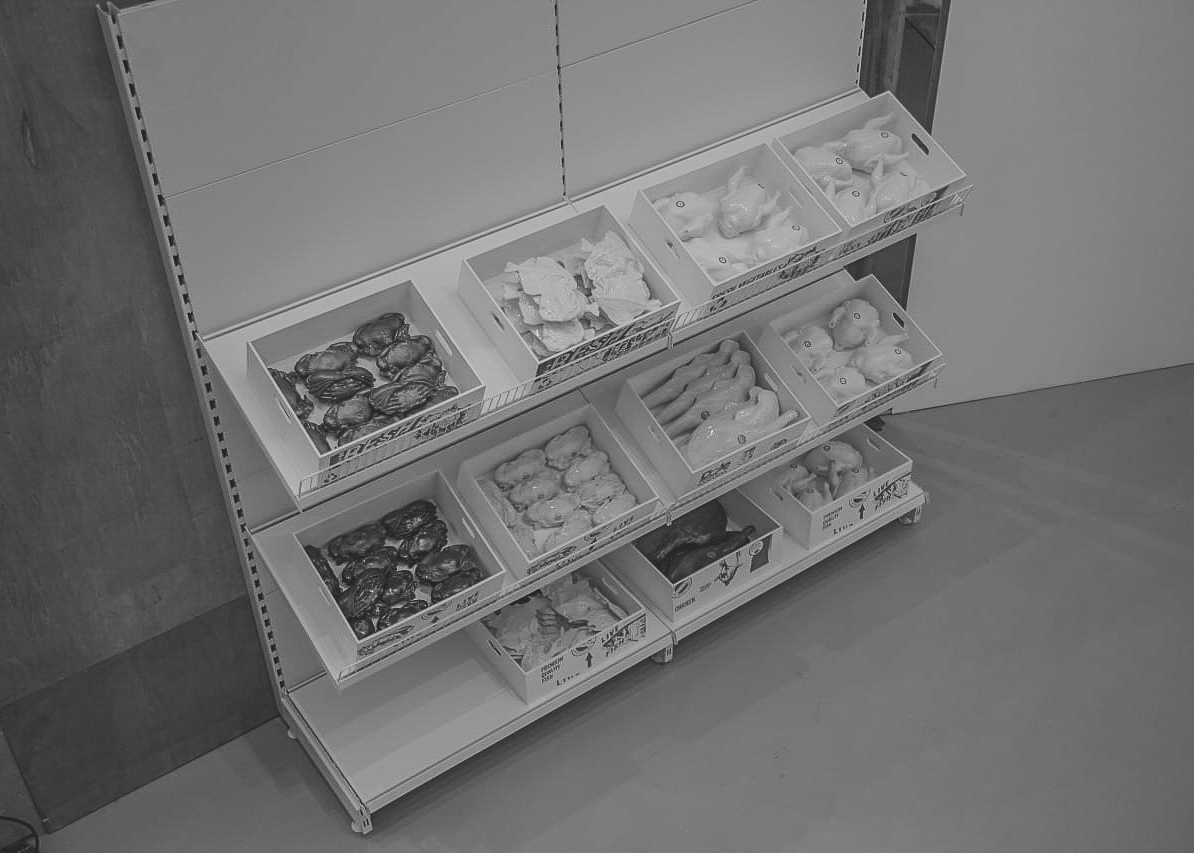
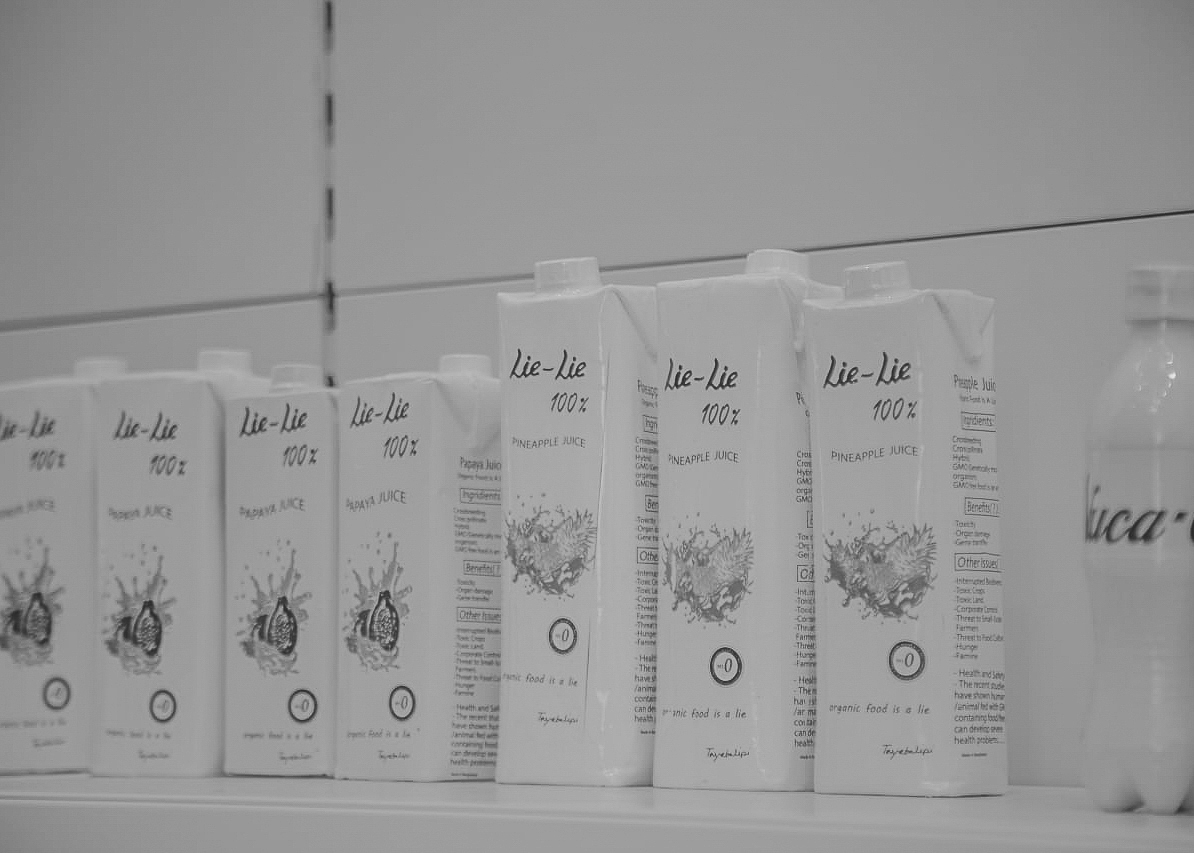
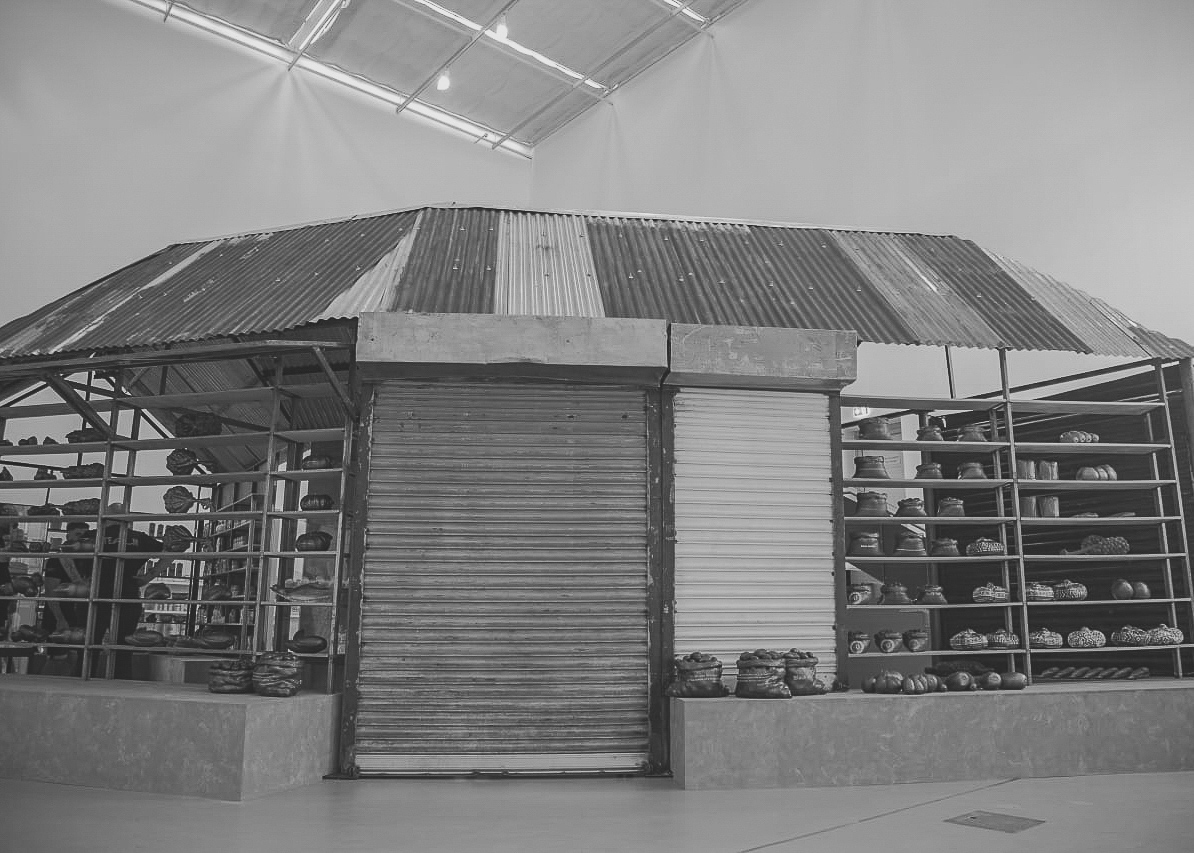
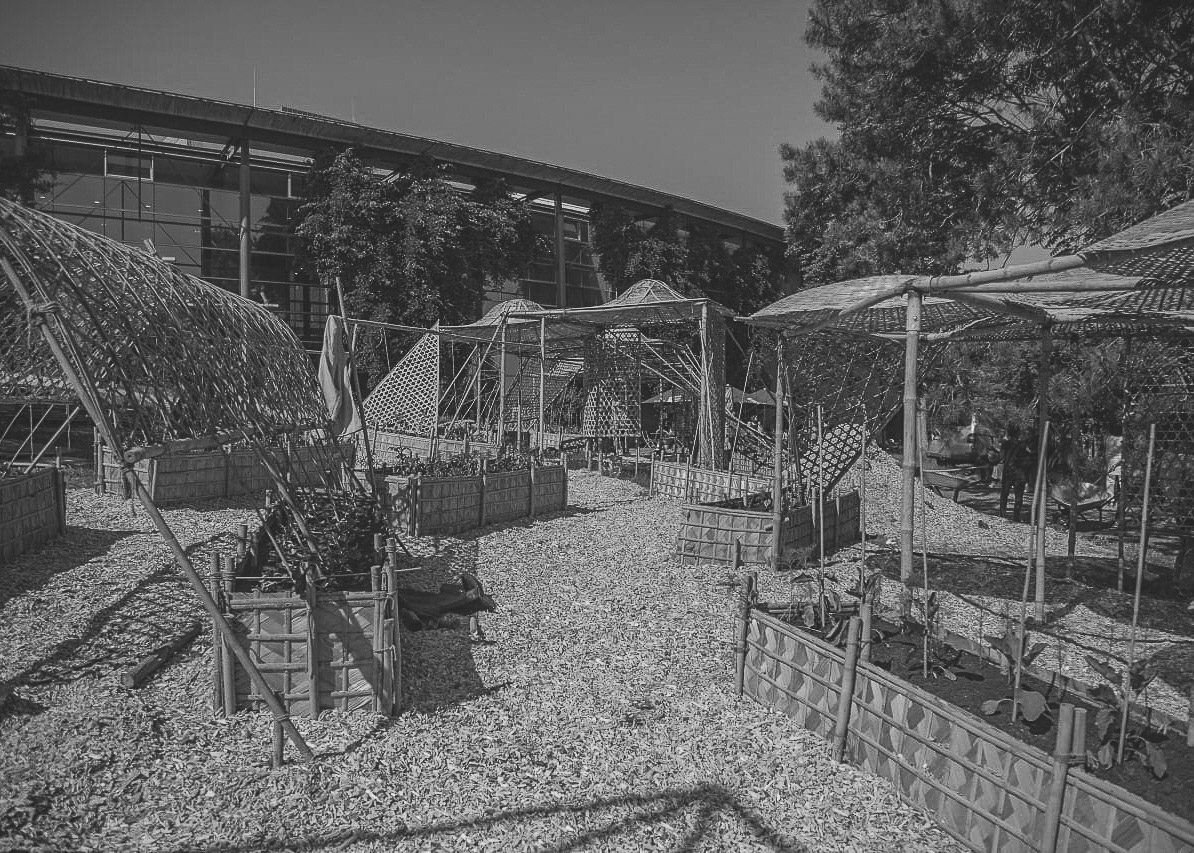
metal, and embroidery through workshops in Dhaka, and Chayachhobi, a 200-foot mural styled after Bengali cinema banners, depicting scenes from Bengali film that explore historical events of famine, food scarcity, and political strife. The three-channel experimental film Re-Visit further contextualized this dialogue by chronicling fieldwork with seven Indigenous communities in Bangladesh, documenting their displacement, land crises, and the ongoing impact of state violence, critically framing issues of land rights and cultural resilience in border regions. Founded in 2002, Britto Arts Trust—an artist-run, non-profit collective and part of the Triangle Network—operates within Bangladesh’s socio-political landscape, fostering cross-disciplinary artistic collaboration and serving as a vital alternative learning platform for experimental and politically engaged practices across the region.